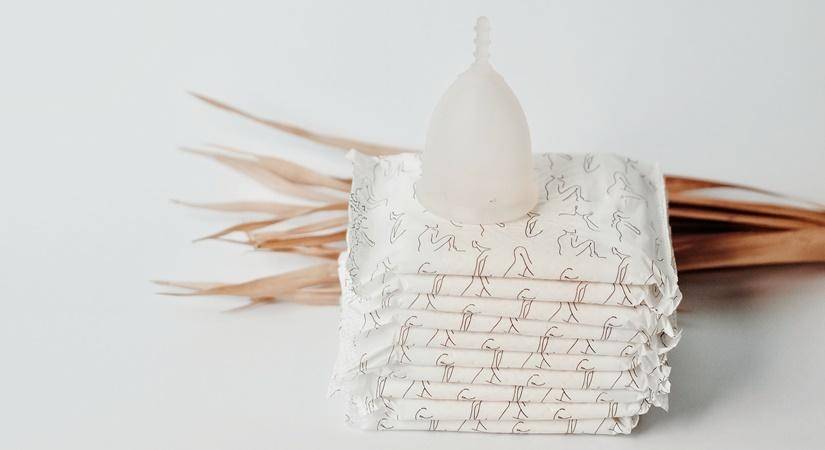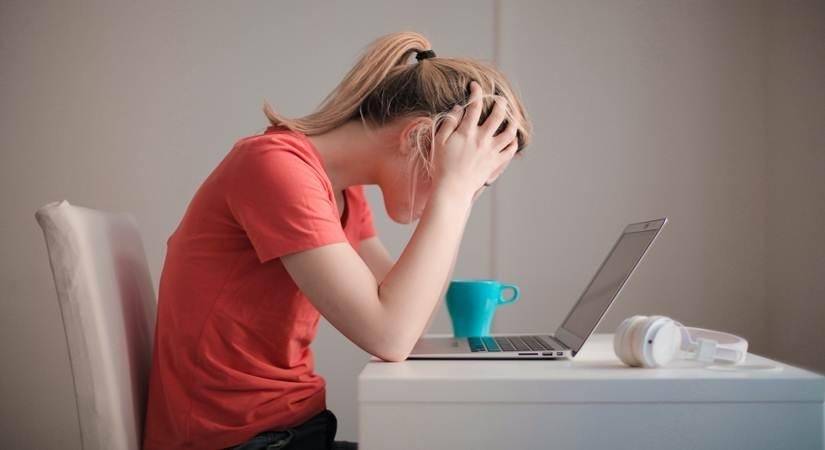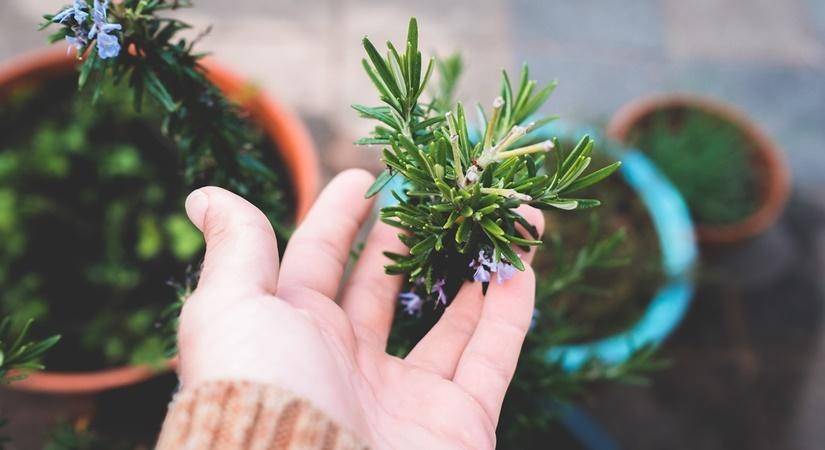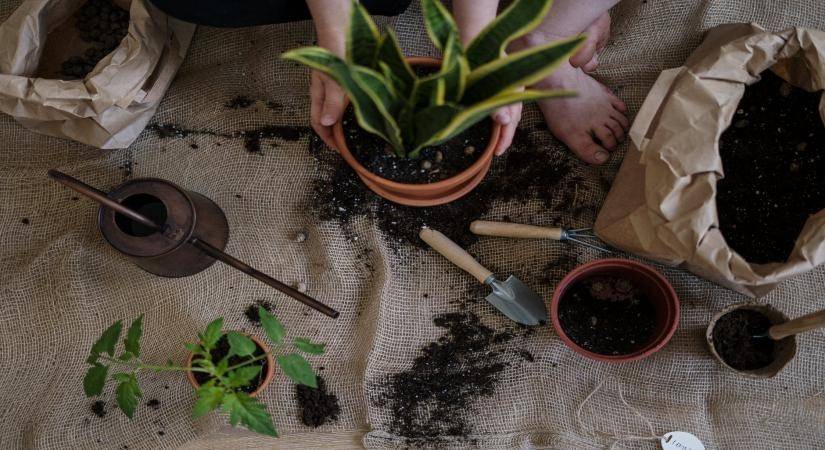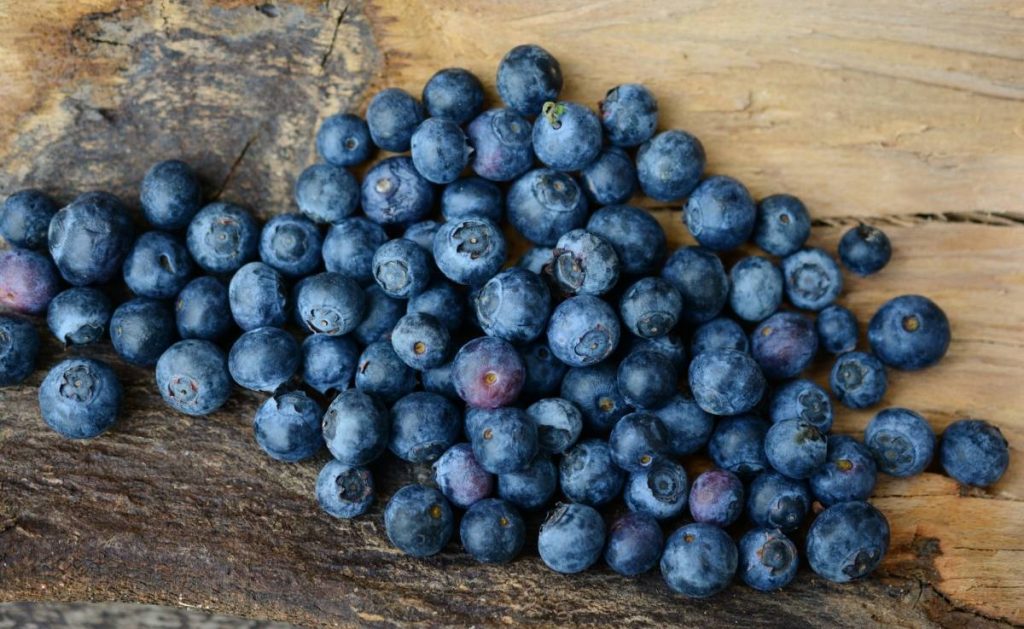Period cramps will feel more painful if you’re dehydrated. Make sure that you drink at least 2 to 3 litres of water in a day. You can also include fruit juices in your diet that will nourish your body while keeping it hydrated…reports Asian Lite News
Pain and discomfort are often considered a part of menstruation. 80 per cent of women experience pain during menstruation at some point in their lives. However, for some of them, it could last from the beginning of their periods to menopause. For most women, period pain can be managed through some lifestyle change. Aastha Sharma, Co-founder, of Imbue Natural shares tips that can help you ease period pain and manage it efficiently:
Switch to Healthy Snacking: Your diet plays an important role in maintaining healthy uterine upkeep. The hormonal imbalance during periods often leads to unhealthy food cravings. While you give in to your food cravings, make sure that you also eat snacks that are healthy and will provide you with essential nutrients. Make sure to include healthy fatty acids such as Omega 3 in your diet. Foods high in fibre such as green vegetables, legumes, and whole grains have been known to reduce cramping during periods.
Exercise: Indulging in physical activities has also proven to reduce period pain. Walking, running, swimming or yoga can help you relieve pain. Exercise releases hormones like endorphins and serotonin that act as natural pain-killers.
Stay Hydrated: Period cramps will feel more painful if you’re dehydrated. Make sure that you drink at least 2 to 3 litres of water in a day. You can also include fruit juices in your diet that will nourish your body while keeping it hydrated.

Heat Therapy: Pampering your body while on your period can not only reduce pain but also help your body relax. Women often use hot water bags to reduce cramping and comfort the abdominal region, however, a hot water bag can prove tedious when it comes to managing the temperature and finding instant comfort. An alternative to this is using period pain relief oils. Imbue’s Rosa Period Pain Oil is one such alternative that is made with the goodness of pressed cinnamon, yarrow, and vetiver oil. The self-warming properties of this oil help in reducing period cramps and elevates mood by relieving stress.
Take a break, stop working through it: Women are often taught to keep menstruation a private affair, and talking about periods is often stigmatised. We are expected to endure the pain and work through it. Stress from work and domestic life can add to the physical discomfort. You must listen to your body and give it a break as and when it needs.
ALSO READ-Yoga for humanity

